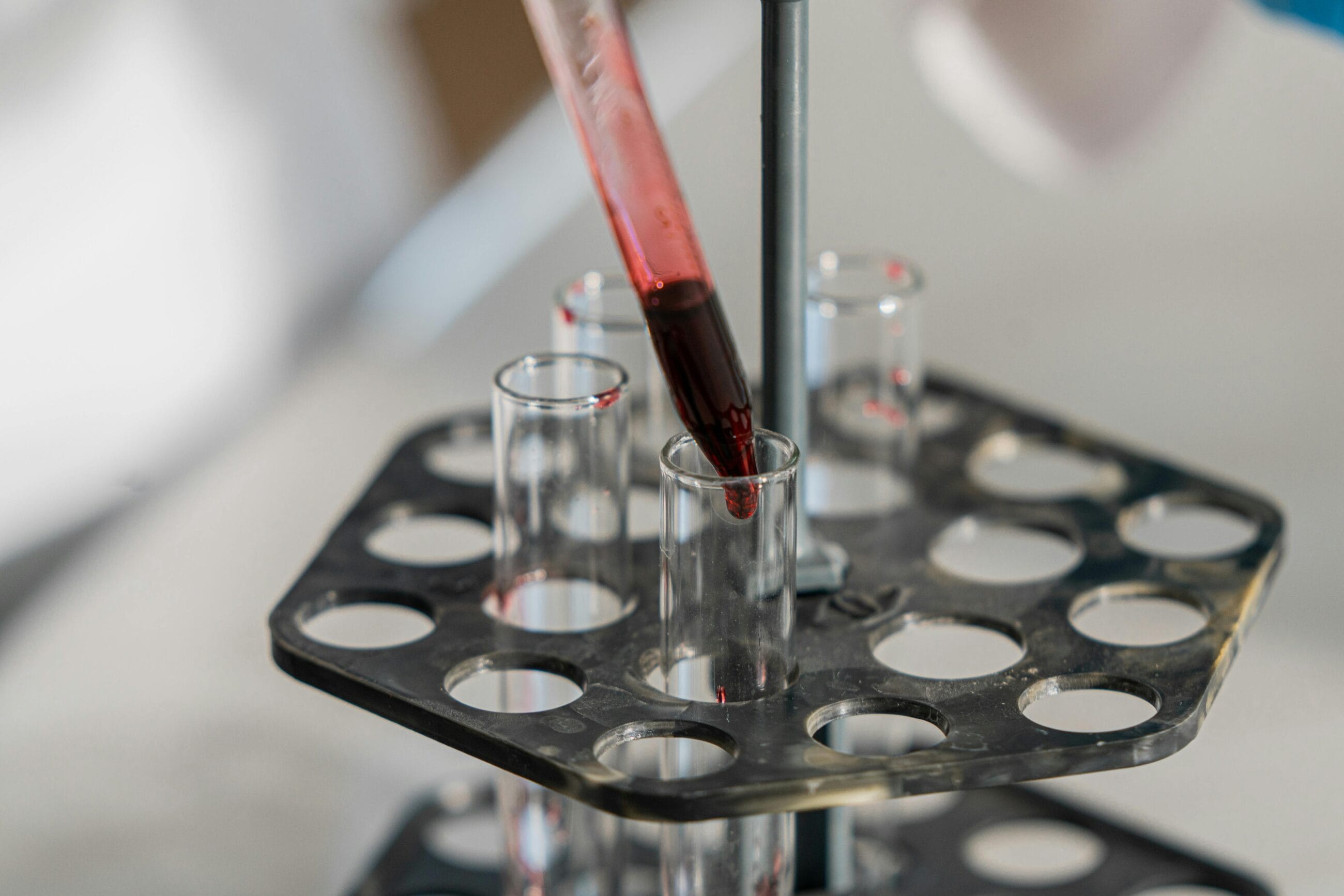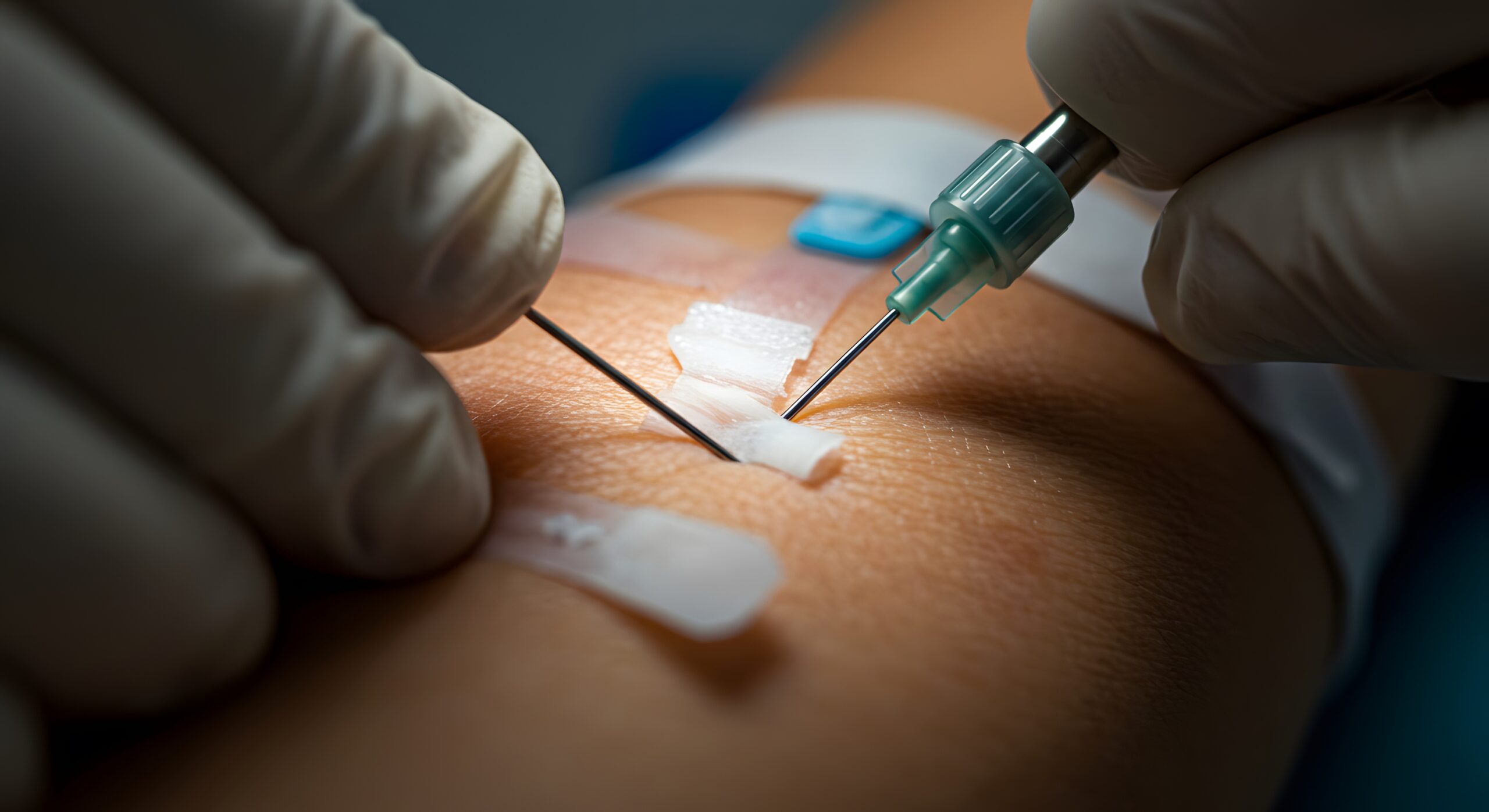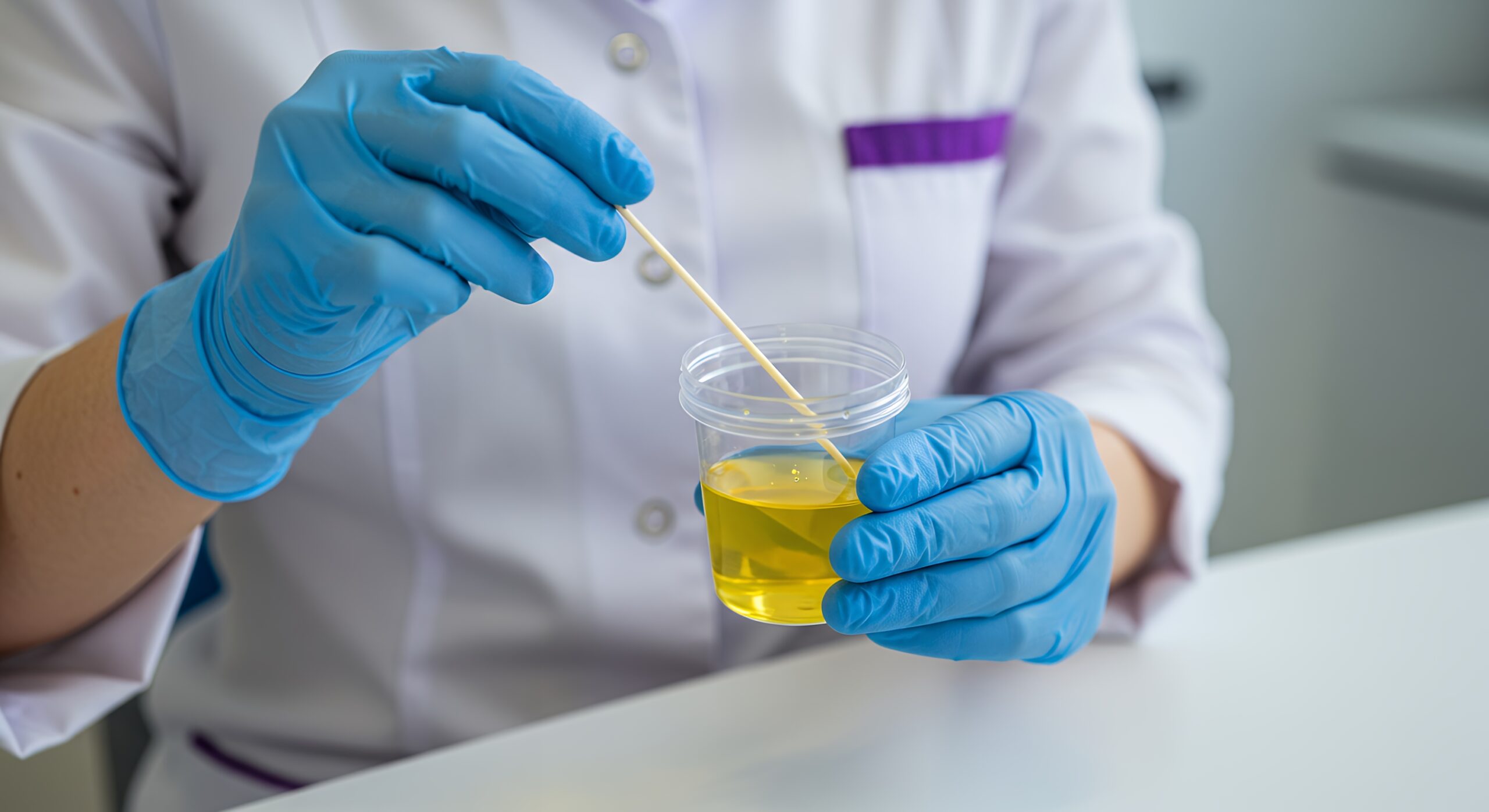One of the most powerful tools in medicine today is cancer marker screening. This vital process detects cancer cells at their earliest stages, dramatically improving treatment outcomes and even saving lives.
It can help identify various types of cancer, providing a crucial advantage in early detection. If you’re unsure about what cancer marker screening entails, or why a screening test should be part of your health routine, this article will guide you.
Together, we’ll explore its role in detecting cancer cells early, how the process works for different types of cancer, and why it’s a must for proactive health management.
What is Cancer Marker Screening?
Cancer marker screening involves testing for specific substances known as tumor markers or biomarkers. These are produced by cancerous cells or by the body in response to the presence of cancer.

By identifying these markers, doctors can diagnose cancer early, often before symptoms appear. This screening can detect cancer types like colorectal cancer, prostate cancer, liver cancer, pancreatic cancer, ovarian cancer, cervical cancer, and colon cancer.
The screening process is straightforward. Most tests require only a blood sample, though others may involve imaging or tissue tests.
What makes cancer marker screening so effective is its ability to identify abnormalities early, which means cancer may be caught sooner, often leading to quicker diagnoses and more successful treatments.
Why Cancer Marker Screening is Important?
Cancer marker screening enables early detection of various cancers, improving treatment outcomes and offering peace of mind through proactive health management and regular monitoring.
These markers, often found in blood, can help diagnose cancer and assess cancer risk factors.

1. Early Detection for Better Outcomes
The earlier we detect cancer, the higher the chances of a successful outcome. For instance, identifying prostate cancer in its initial stages allows for far less invasive treatments than later-stage diagnoses. This can greatly improve survival rates and help diagnose cancer in individuals who might have cancer but show no symptoms yet.
2. Identifying High-Risk Individuals
For those with a family history of cancer or genetic predisposition, regular screenings are paramount. For example, markers like CEA (Carcinoembryonic Antigen), which are often found in blood, can signal pre-cancerous or cancerous activity for cancers such as colon or rectal cancer, ensuring timely intervention and identifying cancer risk factors.
3. Preventive Health Management
Screening empowers you with knowledge about your health, allowing you to make informed decisions. Detecting abnormalities early gives you and your doctor the chance to slow disease progression or even prevent it altogether. This proactive approach is especially critical for individuals who might have cancer but remain undiagnosed.
The Screening Process Explained
Screening plays a critical role in maintaining overall health. It identifies potential issues early, helping prevent complications and enabling timely, effective treatments tailored to your needs.

Common Cancer Markers Tested
- CEA (Carcinoembryonic Antigen): Associated with colorectal and pancreatic cancers.
- PSA (Prostate-Specific Antigen): A marker for prostate cancer, helpful for men over 50.
- AFP (Alpha-Fetoprotein): Related to liver cancer.
- CA-125: Used to detect ovarian cancer.
- CA 19-9: A marker for pancreatic and colon cancer.
What to Expect During a Screening
Most cancer marker screenings are simple blood tests. At Mediway Medical Clinic, we ensure the process is quick and comfortable. For advanced screenings, imaging or other diagnostic methods may sometimes be recommended.
When you visit a trusted clinic, like Mediway, healthcare professionals guide you through every step of the process, from preparing for the test to interpreting the results.
Key Benefits of Cancer Marker Screening
Cancer marker screening is a vital tool in early detection, offering reassurance and enabling timely treatment decisions to improve outcomes and enhance overall patient care and well-being.

Long-Term Cost Reductions
Cancer treatment becomes more expensive at advanced stages due to its complexity. Early detection often reduces overall healthcare costs dramatically.
Peace of Mind
For individuals and their loved ones, regular screening provides reassurance, knowing they are taking proactive steps against cancer.
Advancements in Cancer Marker Screening
The field of cancer marker screening has grown leaps and bounds over the past decade. Here are some key advancements:
1. Innovative Technologies
AI integration is revolutionizing how biomarkers, which are often made by cancer cells, are detected, significantly improving accuracy and efficiency to help detect cancer.
2. Personalized Screening
Genetic testing now allows for customized cancer screening plans based on your unique DNA. These tests can look for cancer by identifying higher amounts of biomarkers made by cancer cells, ensuring optimal detection and prevention measures.
3. Minimally-Invasive Techniques
Newer methods like liquid biopsies not only help detect cancer but also make screening faster, less invasive, and more comprehensive, offering a glimpse into your overall health profile and any signs of cancer in the body.
When Should You Get Screened for Cancer?
It’s important to make cancer marker screening part of your preventive health routine, especially if you meet the following criteria:

- Age-Based Recommendations: Men over 50 should regularly check for prostate cancer markers like PSA.
- Family History: If close relatives have experienced cancers like breast cancer, colon cancer, or others, starting screening earlier is advisable.
- Existing Risk Factors: Smokers, heavy drinkers, or individuals exposed to harmful chemicals might need regular testing for liver cancer and other conditions.
Addressing fears or misconceptions about screening is vital. At Mediway Medical, we take extra care to ensure every patient feels informed and comfortable.
Cancer Marker Screening in Singapore
Singapore has several advanced cancer screening services. Our clinic offers a variety of affordable screening packages tailored to different needs. From blood tests for prostate health to tumor marker tests for colon health, we ensure comprehensive and reliable results.
Take Charge of Your Health Today
Your health is your most valuable asset. Making cancer marker screening a regular part of your medical routine is one of the most effective steps you can take toward early detection and better outcomes.
At Mediway Medical, we’re here to guide you every step of the way. Whether you’re due for your first screening or looking to explore advanced options, our trusted specialists are ready to help.
Book your screening appointment today and invest in a healthier tomorrow. Together, we can take proactive steps toward a brighter, healthier future.









